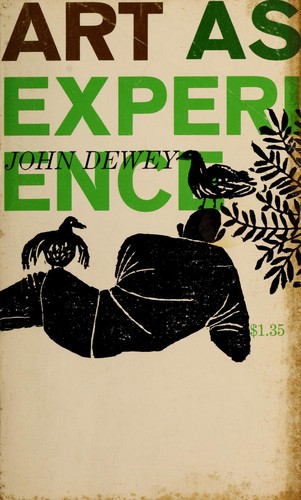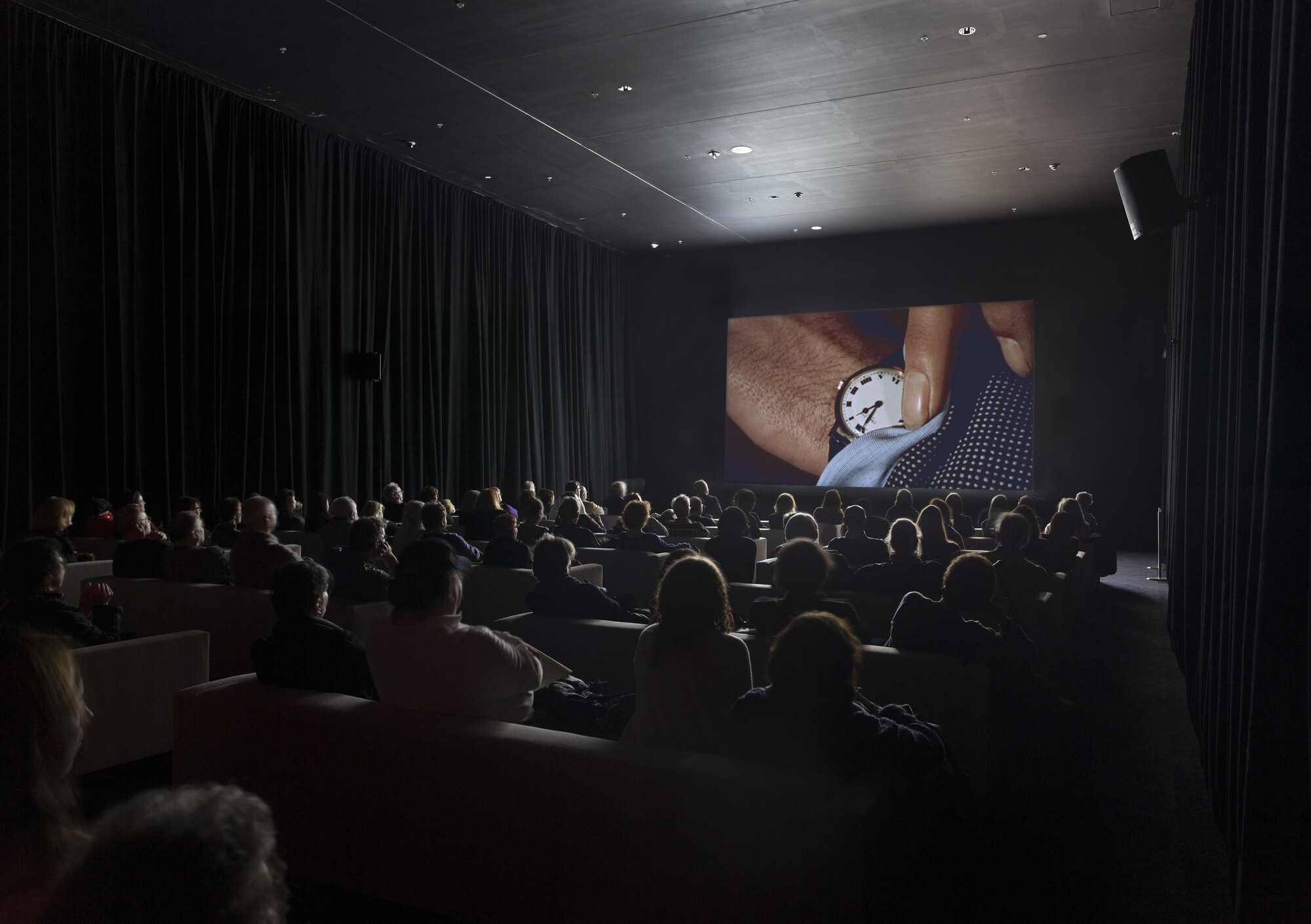Art as Experience
//author
//year
1934
//link
https://archive.org/details/deweyjohnartasanexperience
//relevant context
John Dewey (1859-1952) was a 20th century philosopher, who called for a radical democratic reorganization of education and society. His work in this book seeks to unify art and daily experience.
//Guiding Questions
What is experience versus “an” experience?
How does thinking of art as experience shift your focus as a creator?
How does thinking of art as experience shift your focus as a creator?
//key quotes
Every art communicates because it expresses. It enables us to share vividly and deeply in meanings… For communication is not announcing things… Communication is the process of creating participation, of making common what had been isolated and singular… the conveyance of meaning gives body and definiteness to the experience of the one who utters as well as to that of those who listen.
The task is to restore continuity between the refined and intensified forms of experience that are works of art and the everyday events, doings, and sufferings that are universally recognized to constitute experience.
Experience in the degree in which it is experience is heightened vitality. Instead of signifying being shut up within one’s own private feelings and sensations, it signifies active and alert commerce with the world; at its height it signifies complete interpenetration of self and the world of objects and events.
Experience occurs continuously, because the interaction of live creature and environing conditions is involved in the very process of living…In contrast with such experience, we have an experience when the material experienced runs its course to fulfillment. Then and then only is it integrated within and demarcated in the general stream of experience from other experiences. A piece of work is finished in a way that is satisfactory; a problem receives its solution; a game is played through; a situation, whether that of eating a meal, playing a game of chess, carrying on a conversation, writing a book, or taking part in a political campaign, is so rounded out that its close is a consummation and not a cessation. Such an experience is a whole and carries with it its own individualizing quality and self-sufficiency. It is an experience.
The task is to restore continuity between the refined and intensified forms of experience that are works of art and the everyday events, doings, and sufferings that are universally recognized to constitute experience.
Experience in the degree in which it is experience is heightened vitality. Instead of signifying being shut up within one’s own private feelings and sensations, it signifies active and alert commerce with the world; at its height it signifies complete interpenetration of self and the world of objects and events.
Experience occurs continuously, because the interaction of live creature and environing conditions is involved in the very process of living…In contrast with such experience, we have an experience when the material experienced runs its course to fulfillment. Then and then only is it integrated within and demarcated in the general stream of experience from other experiences. A piece of work is finished in a way that is satisfactory; a problem receives its solution; a game is played through; a situation, whether that of eating a meal, playing a game of chess, carrying on a conversation, writing a book, or taking part in a political campaign, is so rounded out that its close is a consummation and not a cessation. Such an experience is a whole and carries with it its own individualizing quality and self-sufficiency. It is an experience.




